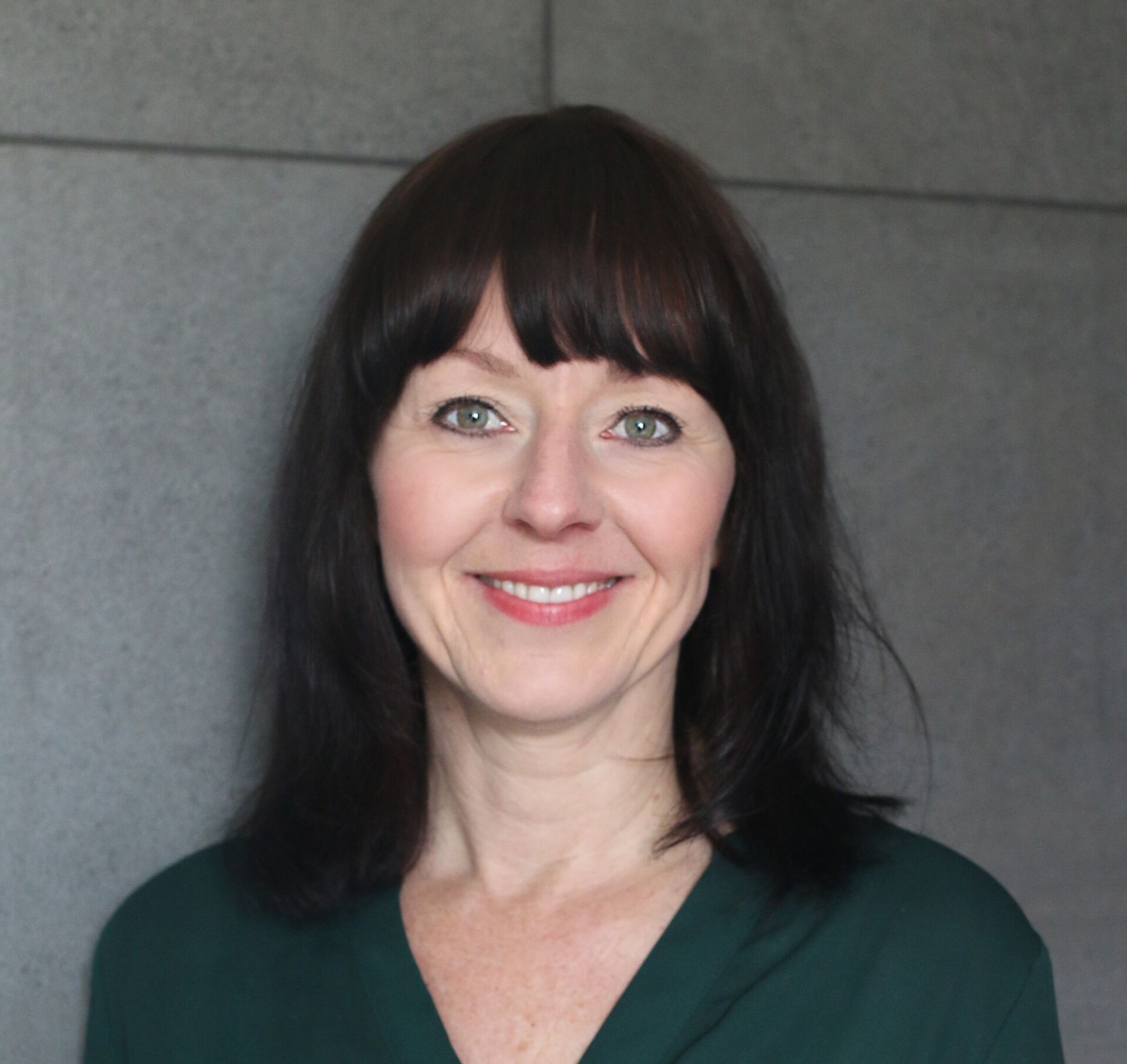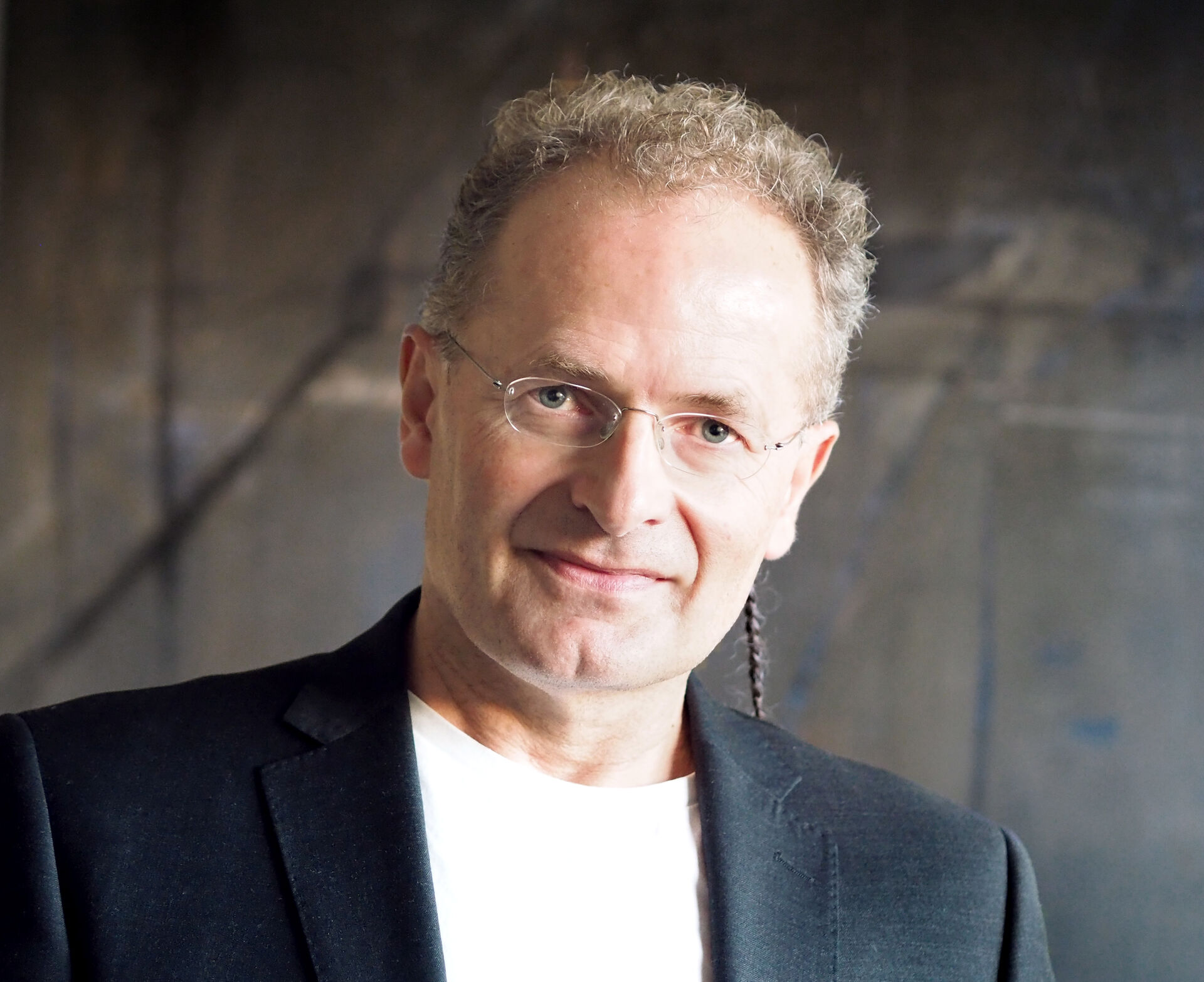 The project “Motherhood and Quality of Life: The causal processes of caregiving burden, illness coping, work-life, genetics and social relations” (NOK 12,9 million, 2021 – 2025) gives Røysamb and Bang Nes the opportunity to study more closely the sources and trajectories of maternal wellbeing and resilience through the childrearing stage. Caregiving may bring joy and fulfilment, but excessive demands on mothers are likely to cause reduced wellbeing and both mental and physical health problems, either short- or long-term. Throughout the childrearing years, mothers have excess risk of work absence, illness and care-related stressors impacting their future health and economic security.
The project “Motherhood and Quality of Life: The causal processes of caregiving burden, illness coping, work-life, genetics and social relations” (NOK 12,9 million, 2021 – 2025) gives Røysamb and Bang Nes the opportunity to study more closely the sources and trajectories of maternal wellbeing and resilience through the childrearing stage. Caregiving may bring joy and fulfilment, but excessive demands on mothers are likely to cause reduced wellbeing and both mental and physical health problems, either short- or long-term. Throughout the childrearing years, mothers have excess risk of work absence, illness and care-related stressors impacting their future health and economic security.
Over the next four years their project “Motherhood and Quality of Life” will focus on the unique and joint risks of care demands, illness and work-related challenges - and seek to identify protective factors, particularly in the web of social relations. Longitudinal and genetically informed data will provide unique potential to delineate causal processes.
The project will be located at the PROMENTA Research Center at the University of Oslo in collaboration with the Norwegian Institute of Public Health, the WHO Healthy Cities, Viken County and outstanding international researchers.
 Wellbeing is a globally shared human value and defined as a UN Sustainable Development Goal. Humans are also profoundly social. We fill our days and minds with other people – we are Homo Sociabilis. Associations between wellbeing and social relations are well documented, but the nature of the associations is still largely unchartered territory. Social relations may cause wellbeing, but association may also reflect reversed causality and shared confounders, such as genetic factors.
Wellbeing is a globally shared human value and defined as a UN Sustainable Development Goal. Humans are also profoundly social. We fill our days and minds with other people – we are Homo Sociabilis. Associations between wellbeing and social relations are well documented, but the nature of the associations is still largely unchartered territory. Social relations may cause wellbeing, but association may also reflect reversed causality and shared confounders, such as genetic factors.
Røysamb and Bang Nes expect the project “Homo sociabilis and genomics of the good life. Rethinking wellbeing and social relations – the role of genetic and environmental processes” (NOK 11,6 million, 2021 – 2026) to reveal causal processes leading to well-functioning and good lives in a social context – and also potentially reject some postulated assumptions.
By including genetic data from The Norwegian Mother, Father and Child Cohort study (MoBa) and the Norwegian Twin registry, they will be able to determine the role of specific environmental factors, and the interplay of genes and environments. They will delineate developmental mechanisms whereby genetic factors operate, not only under the skin, but also through the social world, and reveal processes of inter-generational transmission of wellbeing. In the end they expect to show the applicability of pioneering methodological tools that have generalizability far outside the wellbeing field.
The project will be hosted the PROMENTA Research Center at the University of Oslo, and involve a collaboration with the Norwegian Institute of Public Health, national and international researchers.